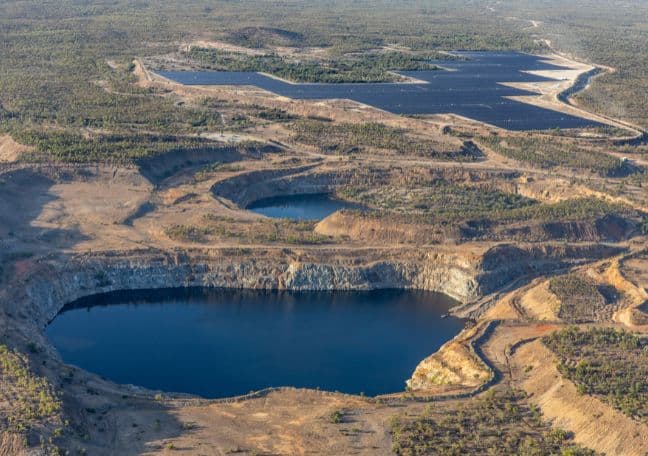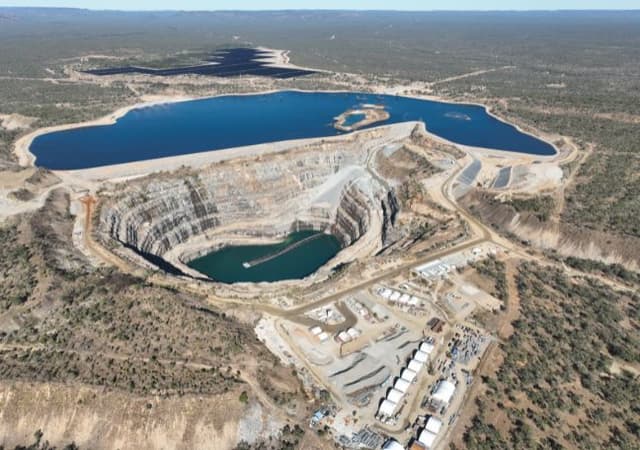
STEM Futures: Understanding Hydropower
In this interdisciplinary unit, students explore renewable energy, with a focus on pumped hydropower, through Science, Mathematics, and Design and Technology. Throughout the lessons, the Kidston Pumped Hydro renewable project is used as the lens through which students learn about forces, electricity generation, the impacts of renewables, ethical and sustainability considerations, and careers in the clean energy sector.
Developed in partnership with the Queensland Government through Queensland's Clean Energy Workforce Roadmap and alongside industry experts the Clean Energy Council, this unit has been designed to allow students to:
- investigate the types of energy present in renewable energy sources
- understand the transfers and transformations taking place in the Kidston pumped hydro and solar project, as well as other renewable energy types
- explore environmental, social and economic impacts of innovative rehabilitation projects, like the Kidston Pumped Hydro renewable project, which was created from an abandoned mine site
- explore how electricity is generated from the kinetic energy of water, designing and creating turbines for experimentation
- learn about the ethical and sustainability factors relevant to professions in the clean energy sector and understand how these jobs respect communities, protect the environment, and promote sustainability.
- solve problems involving volume, capacity and rates by investigating how the Kidston Pumped Hydro Storage Project operates
The lessons have been designed to empower educators to deliver clean energy content, build students' STEM skills across multiple subjects and increase their awareness of clean energy career opportunities, highlighting connections between STEM knowledge and the renewable energy context.
This STEM Futures: Energy Careers program consists of lessons and resources that highlight projects, people and careers in Queensland through case studies and video content. They are aligned to the Australian Curriculum 9.0 but can be used in various teaching and learning contexts. The program allows students to learn subject-specific knowledge, concepts and skills in the context of real-world Queensland and Australian renewable energy projects and empowers them to understand how their subject knowledge can be applied to careers and industries in this vital sector.
Cool.org recommends that Science, Mathematics and Design and Technologies educators collaborate to deliver these resources across their respective subjects so students can understand the content from multiple perspectives.
Science
Explore energy types, transfers, and transformations through experiments and real-world examples like wind, solar and hydropower, as well as investigate the environmental, social, and economic impacts of utilising abandoned mine sites for renewable projects.
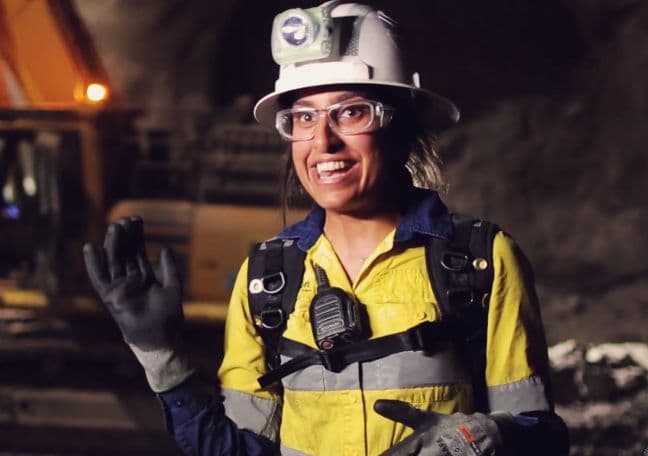
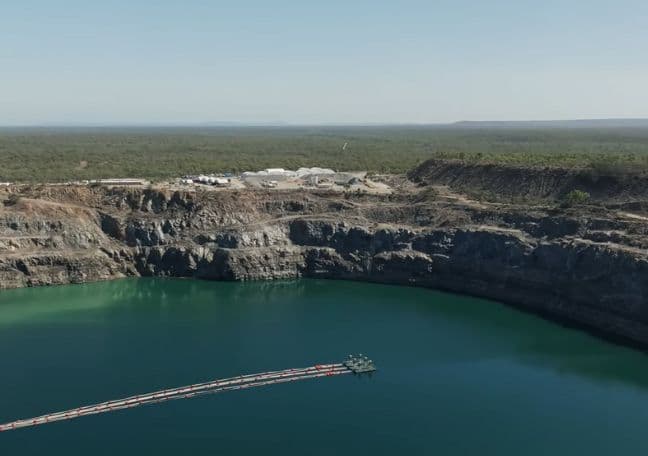
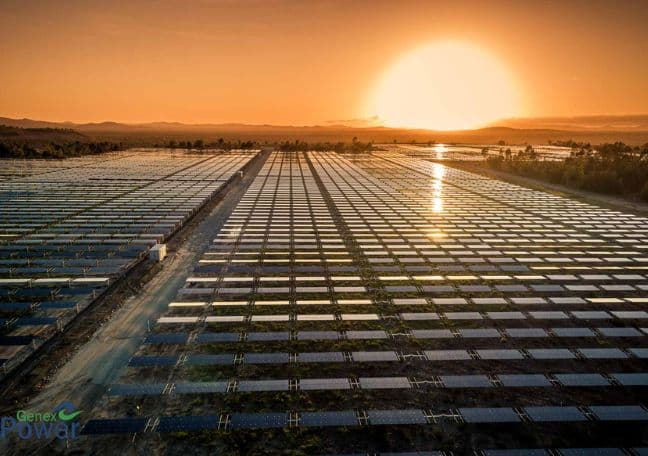
Design and Technologies
Design and test model water turbines to understand how kinetic energy is converted into electricity, with a focus on efficiency. They will also explore occupations in the Kidston Renewable Energy Hub, analysing ethical and sustainability responsibilities.
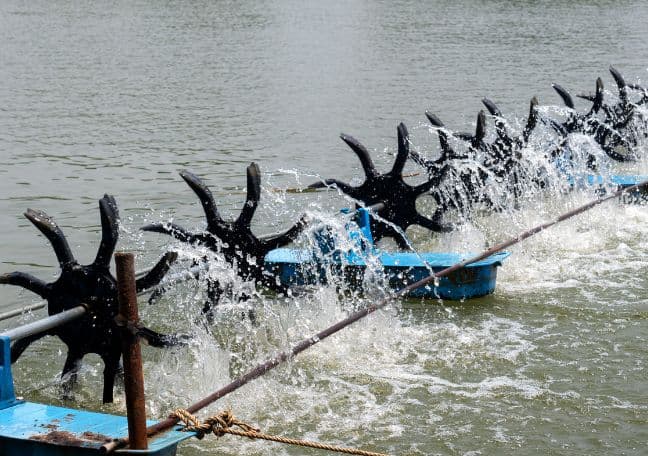
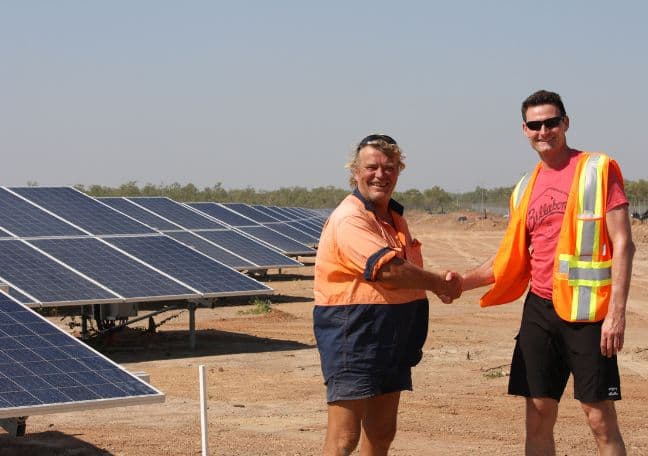
Mathematics
Explore how the Kidston Pumped Hydro Storage project operates through solving problems involving volume, capacity and rates.
